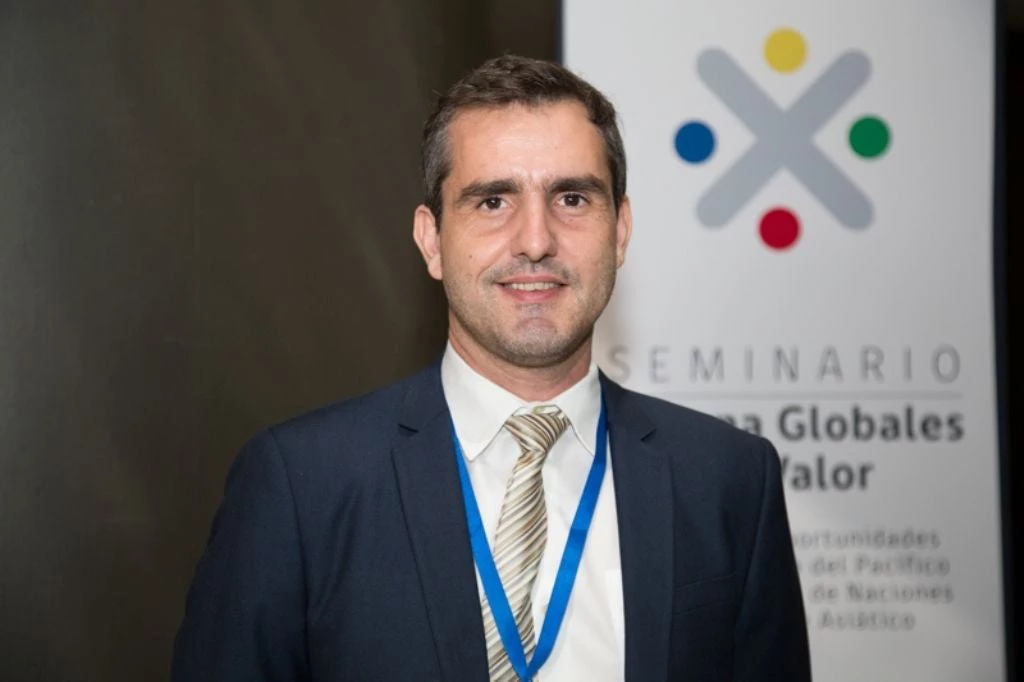FDI and Development Assistance to Sub-Saharan Africa

Source: Authors’ calculations based on World Development Indicators
In an effort to boost trade and investment relations between Africa and the United States, President Barack Obama this summer hosted the first-ever US-Africa Summit in Washington, D.C. The meeting resulted in $33 billion of public and private commitments to expand trade and investment in the African continent. Remarkably, US companies accounted for half of these pledges, including commitments by General Electric, Blackstone Group (in a joint deal with the Nigerian firm Dangote Industries) and the Carlyle Group to invest in energy infrastructure and to complement the $300 million per year announced by President Obama for the expansion of his administration’s energy initiative, Power Africa. The World Bank and the government of Sweden announced an additional $6 billion in support for enhanced access to electricity in Africa.
This is good news for Africa. FDI inflows will undoubtedly contribute to the technological development, industrial diversification, and economic growth of host countries. And the specific target of these investments – infrastructure – is particularly heartening. The state of Africa’s infrastructure is an important constraint to the continent’s economic development.
Experts, including those at the African Union and the World Bank, have argued that an insufficient supply of electricity and the poor quality of highways, railways and other transport infrastructure – as well as outdated information and communication technologies – severely limit the productivity of firms and hinder intra-regional trade. Expanding and upgrading transportation and other trade-related infrastructure, therefore, will contribute to the longstanding goal of achieving trade and economic integration in Africa.
In addition, the announced pledges by U.S. companies promise to “crowd in” more direct investment not only from other developed economies, such as the EU and Japan, but also from large emerging economies. Indeed, transnational corporations from emerging economies, and in particular, from the BRICS (Brazil, Russia, India, China and South Africa) have become an increasingly important source of FDI inflows to the African continent. In 2010, the share of BRICS in FDI inward flows to Africa reached 25 percent, while their share in FDI stock was 14 percent. A significant proportion of this investment is in manufacturing and services, with only 26% of the value of FDI projects from BRICS countries being in the natural-resource-related sectors.
Investors from emerging markets have much to gain from enhanced infrastructure in Africa, as we show in our forthcoming book, “New Voices in Investment,” co-authored with Thomas Kenyon, Yotam Margalit and Jose Guilherme Reis. When we asked investors and potential investors from Brazil, India, Korea and South Africa what their main motivation was for investing in Africa, the majority said “accessing new markets.” Not only do they look at the size of the domestic host markets, but also at opportunities for gaining access to larger regional markets through trade. Infrastructure, given its importance in facilitating both foreign trade and in-country commerce, will be key for these companies.
Moreover, our analysis shows that firms that invest in Africa tend to be more internationalized and trade-dependent than those that don’t. For these trade-reliant firms to better tap into the potential of regional and domestic markets, they need the right transport and logistics infrastructure to reduce trade costs. Here lies an important complementarity between investment in infrastructure and more FDI.
Our study suggests that there is scope for increasing the attractiveness of the African market to both potential investors and to firms that, until now, haven’t considered cross-border investment. Less than 10 percent of the 713 companies included in the sample had investments in an African country. When asked about the specific factors discouraging them from investing in Africa, firms in our sample identified “inadequate infrastructure and logistics” as one of their top concerns. For almost 20 percent of respondents, the quality of roads, railways and other transport infrastructure, the limited availability of electricity, and deficient telecommunications infrastructure were the main constraints to investing in the African continent. In addition, 31 percent of respondents said that insecurity, institutional weakness, absence of political stability and problems with the rule of law were the main constraints to investing in an African country.
Obstacles to Investment in Africa

Note: This chart is based on firms that identified obstacles related to Africa-specific conditions (Total is 145 firms).
Source: Authors’ calculations based on Potential Investors’ Survey.
African countries are at a crossroads, with unprecedented chances for accelerating growth and development and upgrading their production and export baskets. Attracting high-quality foreign financing is crucial for these purposes. Policymakers should be ready to bring in the new players in the market for FDI: investors from emerging markets. To do so, a first step is to ensure that the announced boost in infrastructure investment materializes.



Join the Conversation